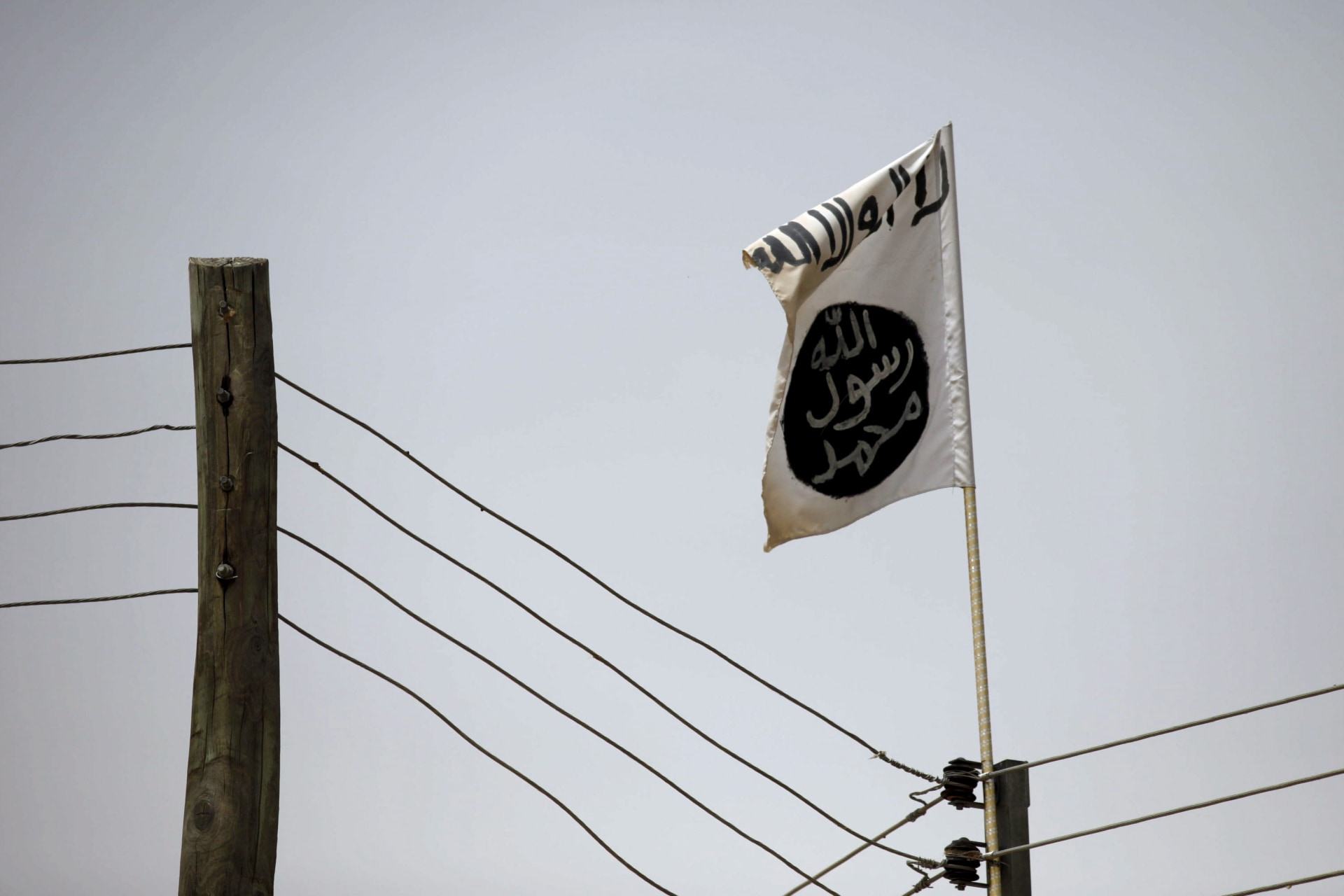Financing Boko Haram

By experts and staff
- Published
By
- John CampbellRalph Bunche Senior Fellow for Africa Policy Studies
There has long been speculation about how Boko Haram and other terrorist organizations are funded. Some funding clearly comes [PDF] from criminal activity, with kidnapping particularly lucrative, and from bank robberies. Presumably, protection rackets also play a role. At some times and in some places, Boko Haram has been able to impose “taxes” on the local population. Boko Haram has also been involved in trading, especially in the Lake Chad Basin. Weapons—a major expense—appear often to come from government armories, sometimes because “the back gate was left unlocked.” In southern, predominantly Christian Nigeria, it is often assumed that northern “big men” provide funding for Boko Haram. Most of this is speculation. It also appears likely that Boko Haram’s brand of terrorism is cheap; the organization does not require the levels of funding characteristic of terrorist organizations operating in the Middle East or Europe.
Significant, therefore, that the Federal Court of Appeals in the United Arab Emirates, which sits in Abu Dhabi, has sentenced to jail six Nigerians for transferring $782,000 from Dubai to Boko Haram in Nigeria. Two were sentenced to life imprisonment, four to ten years—all for violation of UAE anti-terrorism laws. Two “Boko Haram agents” in Nigeria received the funds, according to media based on court proceedings. One was a “Nigerian government official” who also funneled “government money” to Boko Haram, according to Nigerian media. The defendants did not deny that they transferred to money but claimed that doing so was not illegal. Media accounts are sketchy and incomplete. The defendants could have maintained that the recipients were not Boko Haram.
Claims that the UAE court was corrupt are absent from media reporting. The sentences were relatively light. Those sentenced to life imprisonment could have received the death penalty. The amount of money transferred seems large, but no indication of the source of the money is given. Claims that Nigerian government officials were conniving with Boko Haram are common and should not be taken at face value. On the other hand, after more than a decade and often murderous splits, Boko Haram is still far from defeated, implying that it still enjoys support.
